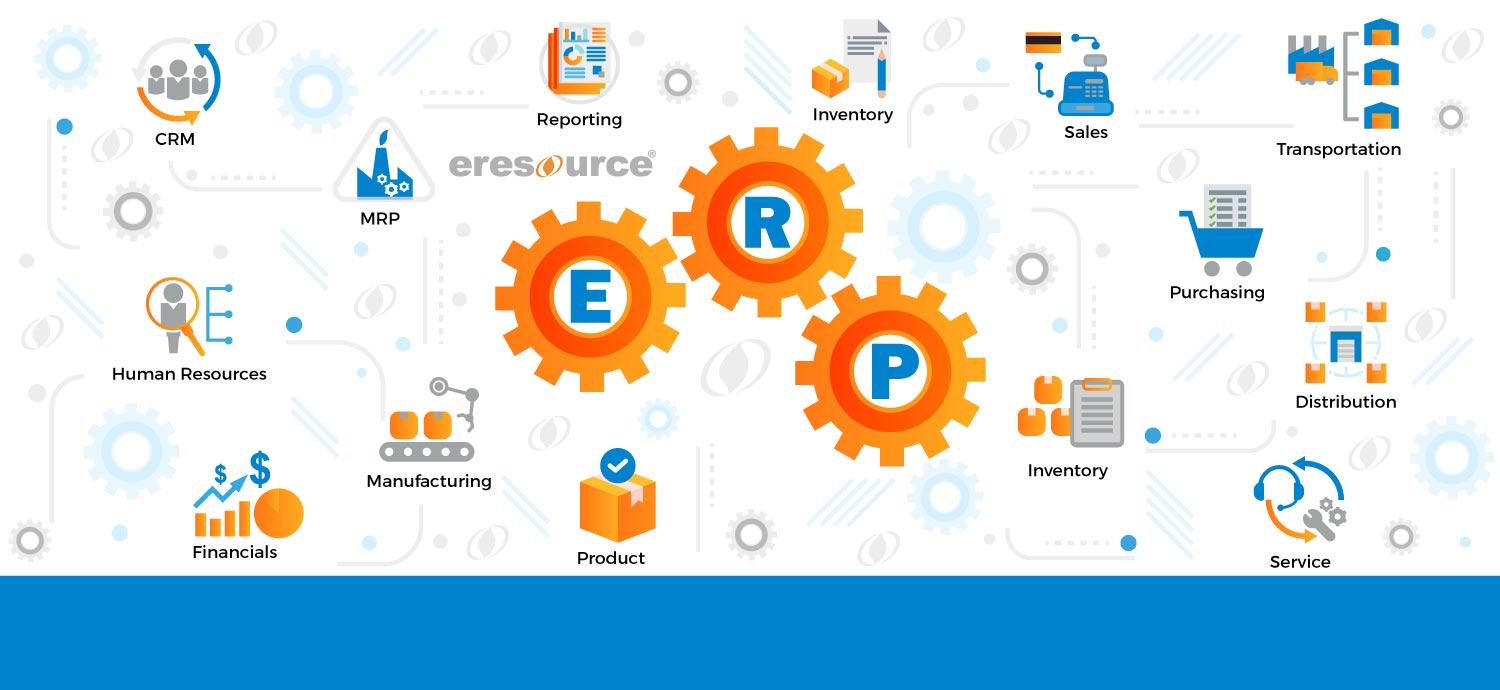Global business environments, consumer trends, and other elements that impact companies are evolving at a very quick pace. Therefore, companies are eager to modernize, automate, and expedite their processes without losing any more time.
Companies that rely on spreadsheets, standalone applications, or antiquated ERP systems are searching for cutting-edge, integrated solutions. This forces companies to ponder the key elements to take into account when choosing an ERP.
ERP is the digital transformation tool
ERP systems are becoming essential digital transformation tools for any kind of business. Since the business is small at first, it usually chooses an ERP or other system at random without taking future requirements into account.
However, as business grows and times change, the current method can no longer meet the needs. As a result, the organization considers switching or changing as a solution. Generally speaking, organizations consider switching for the following reasons.
Also Read – ERP for project based company
Business expansion:
Changes in business size mean that the current systems are unable to handle and process the massive amounts of data. As a result, companies swap out their ERP system for one that can adapt to changing needs.
Change in management policy:
Typically, management is altered during mergers and acquisitions. The need for new ERP arises from the perceived or real shortcomings of the previous ERP.
Need of a centralized system: A lot of businesses lack a single, integrated system that provides consolidated data. Data silos are collections of disconnected systems. These silos impede the flow of real-time data, which wastes time and provides an inaccurate image of the company.
Also Read – Manufacturing ERP Software
Remote access:
In today’s world, working remotely is increasingly common. Remote and working on mobile systems are becoming the norm in all enterprises. Another reason for the change is the ERP vendor’s lack of a remote access service.
Manual processes and reliance on Excel sheets: Companies that use manual processes or Excel sheets typically do not have a current view of their organization. Furthermore, human error becomes a victim of their data.
Outdated legacy systems: Occasionally, the current legacy system reaches the point where its creators are no longer willing to sustain it.
The aforementioned factors are among the main ones, though there may be many more.
So why not make some preparations and plans in order to find the perfect match for business?
Also Read – ERP Software for Construction
Few things before you shift into new ERP system
Determine your company’s needs:
The first step is to determine your company’s needs. Make a list of all the important problems and areas you want to get resolved. This listing will assist you in selecting the ideal option (or at least carefully examining the ideal options) for your requirements.
Select an industry-specific ERP:
These solutions are tailored to the specific needs of your company. On the other hand, the typical ERP might require a great deal of customisation to meet these unique needs, which would make deployment more difficult, time-consuming, and expensive overall.
Cost of implementation and upkeep:
The cloud-based ERP is more quickly implemented, offers superior security, and is cheaply priced. eresource ERP offers exclusive ERP system for various industry verticals like Manufacturing, Pharmaceuticals, Construction & Contracting, Trade & Distribution, Logistic & Transportation etc. All these variants are available on cloud-based modules.
Features and functions that are built in
It is crucial to verify whether the ERP offers the newest features and functionality given the constantly changing landscape. All the above eresource ERP solutions have the ability to automate and streamline an organization’s daily operations.
Order creation, financial reporting, inventory tracking, and other tasks could be among these responsibilities. These ERPs facilitate real-time data sharing, enhance supply chain visibility, and automate workflow processes.
The following are some attributes and capabilities that eresource ERP has:
- Predicting and planning with accuracy
- Workflows that are automated
- Capabilities for sharing data
- Tools for modern analytics and reporting
- visibility throughout the entire company
- Accounting and financial procedures that are methodical
- Automation of the Supply Chain
- Solve problems with the current software
Also Read – ERP for Furniture Industry
User training:
An essential component of your digital transition is training. Organizations need to treat training seriously and with the priority that it deserves. Verify that the new ERP provider will provide training to your employees so that the transfer goes well before signing the contract. Even after the training is finished, the vendor must to offer complete assistance in clearing up any confusion.
For more than two decades, eresource ERP has been one of the most favoured ERP solution among small and mid-sized companies across many parts of the world, especially, India, UAE, African region and Canada. For more information and live demo you may reach out us through www.eresourceerp.com or info@eresourceinfotech.com
Categories
Register for Free Demo!
Recent Post
-

eresource ERP 360 - an
11th Apr 2019 -

A competitive ERP system for
17th Apr 2019 -

Auto components manufacturing industry has
17th Apr 2019 -

Make the best use of
17th Apr 2019






